New Scientist covers the latest developments in science and technology that will impact your world. New Scientist employs and commissions the best writers in their fields from all over the world. Our editorial team provide cutting-edge news, award-winning features and reports, written in concise and clear language that puts discoveries and advances in the context of everyday life today and in the future.
Elsewhere on New Scientist
Time to think smart • Current travails suggest we need a radical overhaul of the way we tackle problems
New Scientist Australian Edition
UK variant spreads in US • Ten US states have recorded cases of the UK variant, while Australia has brought in measures to curb its spread, report Donna Lu and Adam Vaughan
Vaccine dosing controversy • Faced with surging covid-19 cases and a fast-spreading virus, the UK has altered its vaccination strategy. Is that wise, asks Clare Wilson
Vaccine roll-out around the world
Can the UK hit its vaccine target? • The UK may struggle to vaccinate nearly 14 million people by mid-February
Positive mood and good friends can boost response to vaccines
Robot duo set to plant trees • Pair of automatic foresters could plant thousands of seedlings in a day
White dwarfs seen eating remnants of destroyed planets
UK may allow gene editing in crops • If a consultation leads to the use of tiny DNA changes to improve the nutrition of food, it could be a potential benefit of Brexit, finds Michael Marshall
2020 was the joint hottest year on record
Sneaky spiders trap frogs • Huntsman spiders stitch leaves together to lure in tree frogs
Pollution made Hurricane Harvey worse
Black holes leak energy when they eat nearby plasma
Origins of music linked to daredevil behaviour
Groundwater may turn salty • The world’s food chain relies on groundwater, but it may be becoming unusable
Jumping into a wormhole could make it collapse
Some dinosaurs sat on their eggs like birds do
AI illustrator draws surreal images from text prompts
Slices of space rock reveal watery secrets
Rare cancers jumped from mother to child
Does ride-sharing raise car ownership?
Really brief
Huge sharks ate unhatched siblings
Spare meat turned wolves into pet dogs
Living cells turned into data stores
Rise of the electric cars • 2020 was the best ever year for electric cars. The days of fossil fuel-powered vehicles are numbered, says Adam Vaughan
Welcome to the green decade • We have been in many last chance saloons with climate change, but there are now reasons to believe we might finally go out and take action, writes Graham Lawton
Your letters
Virgo 3.0
Dementia’s identity crisis • A film that explores a lesser-known form of dementia poses interesting questions about agency and well-being, says Francesca Steele
Taming the flames • As a warming world brings more wildfires, we have a lot to learn about how best to live with them, finds Sandrine Ceurstemont
Don’t miss
Playing nicer • The real Vikings have traded their image as violent marauders for a bit of nuance, but new game Assassin’s Creed Valhalla has it both ways and features people playing nice while still wanting to invade and rule, says Jacob Aron
Rethinking intelligence • Our dominant idea of what makes people smart is exacerbating world problems and needs a radical overhaul, says researcher Robert J. Sternberg
REAL-WORLD PROBLEMS…
MEASURING ADAPTIVE INTELLIGENCE
Taming CRISPR • The powerful gene-editing technique will transform medicine – if we can control it. Now we may have a way, finds Gege Li
Evolutionary arms...
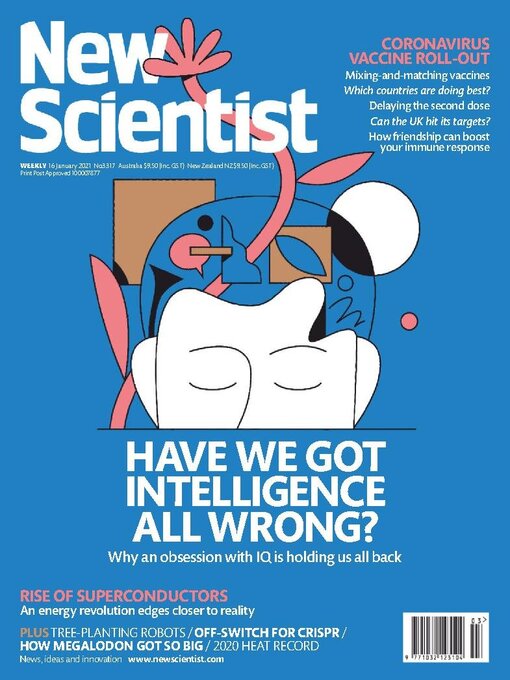
 Apr 20 2024
Apr 20 2024
 Apr 13 2024
Apr 13 2024
 Apr 06 2024
Apr 06 2024
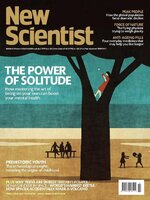 Mar 30 2024
Mar 30 2024
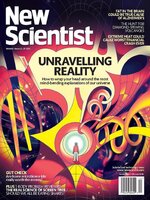 Mar 23 2024
Mar 23 2024
 Mar 16 2024
Mar 16 2024
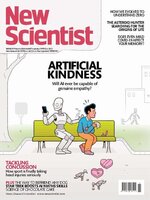 Mar 09 2024
Mar 09 2024
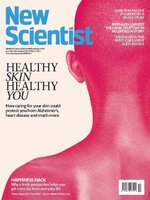 Mar 02 2024
Mar 02 2024
 Feb 24 2024
Feb 24 2024
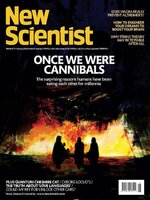 Feb 17 2024
Feb 17 2024
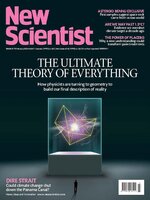 10 Feburary 2024
10 Feburary 2024
 Feb 03 2024
Feb 03 2024
 Jan 27 2024
Jan 27 2024
 Jan 20 2024
Jan 20 2024
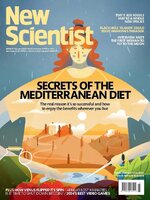 Jan 13 2024
Jan 13 2024
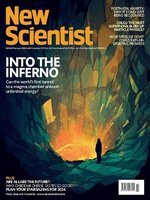 Jan 06 2024
Jan 06 2024
 Dec 30 2023
Dec 30 2023
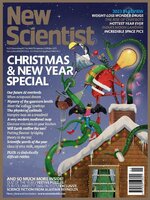 Dec 16 2023
Dec 16 2023
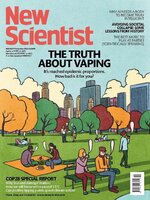 Dec 09 2023
Dec 09 2023
 Dec 02 2023
Dec 02 2023
 Nov 25 2023
Nov 25 2023
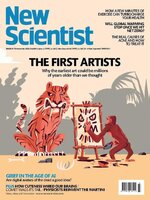 Nov 18 2023
Nov 18 2023
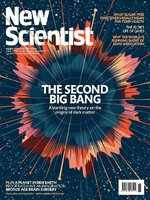 Nov 11 2023
Nov 11 2023
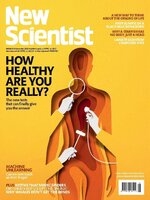 Nov 04 2023
Nov 04 2023
